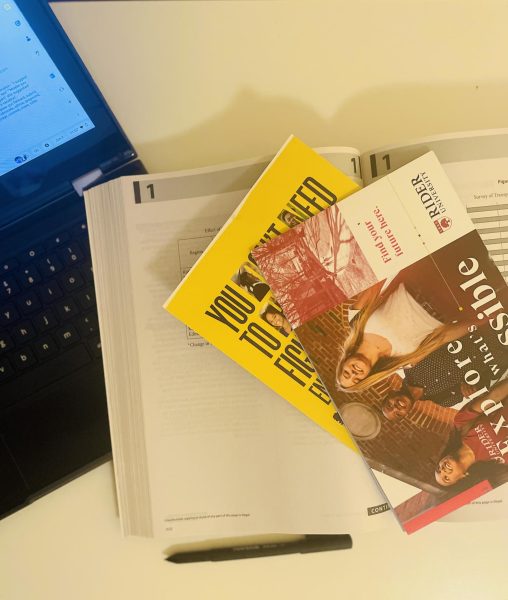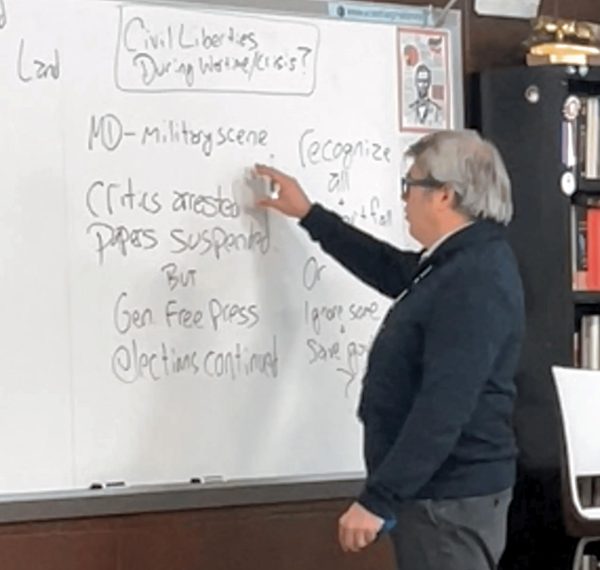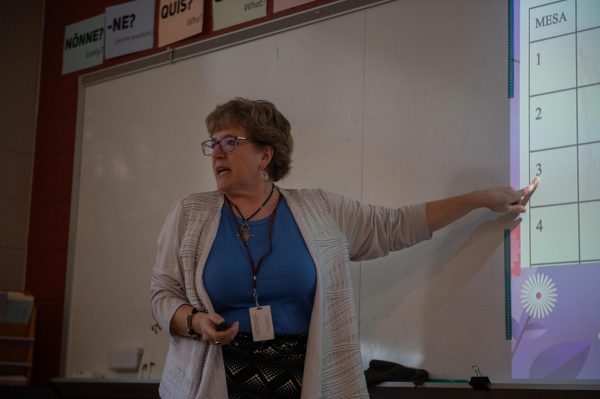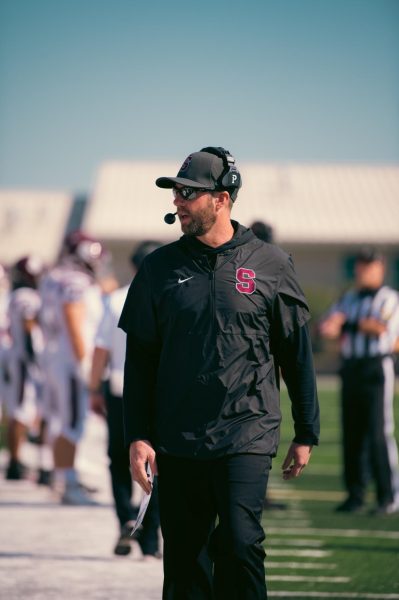The Classes Juniors Struggle With the Most
The State College Area High School counseling office. Taken on Friday Nov. 5, 2021.
November 11, 2021
Over the course of the school year, it is roughly estimated that at least 72 State High students go to their counselors to drop a class. According to many seniors, junior year was the hardest year academically. With college just around the corner, they are pressured with many tests, assignments, and finals in order to complete the year strong. While some students enroll in all average classes and others advanced, throughout both levels, there is always one class that is more challenging than the rest.
Lead school counselor Paul Brigman has been helping students find the best classes to fit their academic schedule for nine years. Although Brigman has worked with many students over his time at State High, a typical class he repeatedly finds being dropped is a third-year language class.
“Some students decide that 2 years of a language is sufficient for most colleges and opt to drop the third level,” Brigman said.
Another commonly dropped class depending on how accelerated a student is in one subject is AP Lang and APUSH. Advanced Honors, Precalculus, as well as Advanced Chemistry 1, are also considered challenging by many juniors.
“Adv. Honors Precalc is designed to prepare students for AP Calc BC, which is a second-level college calculus course. The course moves at a very fast pace and requires students to master very complex concepts,” Brigman said.
A frequent reason behind students wanting to drop a class is to lessen the workload and create time for other classes. When juniors are given an overwhelming amount of work, it becomes challenging for them, making the classes very difficult, especially when working at a fast pace.
For senior Kada Markle, AP Language of Composition, an introductory college-level composition course, was the hardest class she took junior year. Although Markle never officially dropped the class, it was still challenging throughout the course.
“I think the workload made the class hard,” Markle said.
The class was based on reading large papers and then writing papers on what they read. With a class that was time-consuming, Markle would have to work not only during class time but after school as well.
“I would have 1-2 hours of homework per night,” Markle said.
Despite AP Language of Composition being challenging, Markle still followed through with the class. However, she wasn’t the only one who thought AP Language Composition was hard, as her sentiments were echoed by senior Madeline Krentzman.
Krentzman described the class similarly to Markle, but also added onto some of the benefits of the AP English course.
“We talked a lot about new writing strategies that I have not done before,” Krentzman said.
Because a lot of the information covered was new, it was hard navigating through the unfamiliar workload, especially with many other classes in their schedules.
AP Lang, being a college-level composition course, is meant to challenge students in all different ways, focusing on writing, reading, and analyzing through rhetorical situations.
The core courses, particularly advanced/AP, are viewed as some of the challenging classes juniors take every year. Some people love partaking in challenging classes, but others find it best for them to lessen the workload on themselves.












